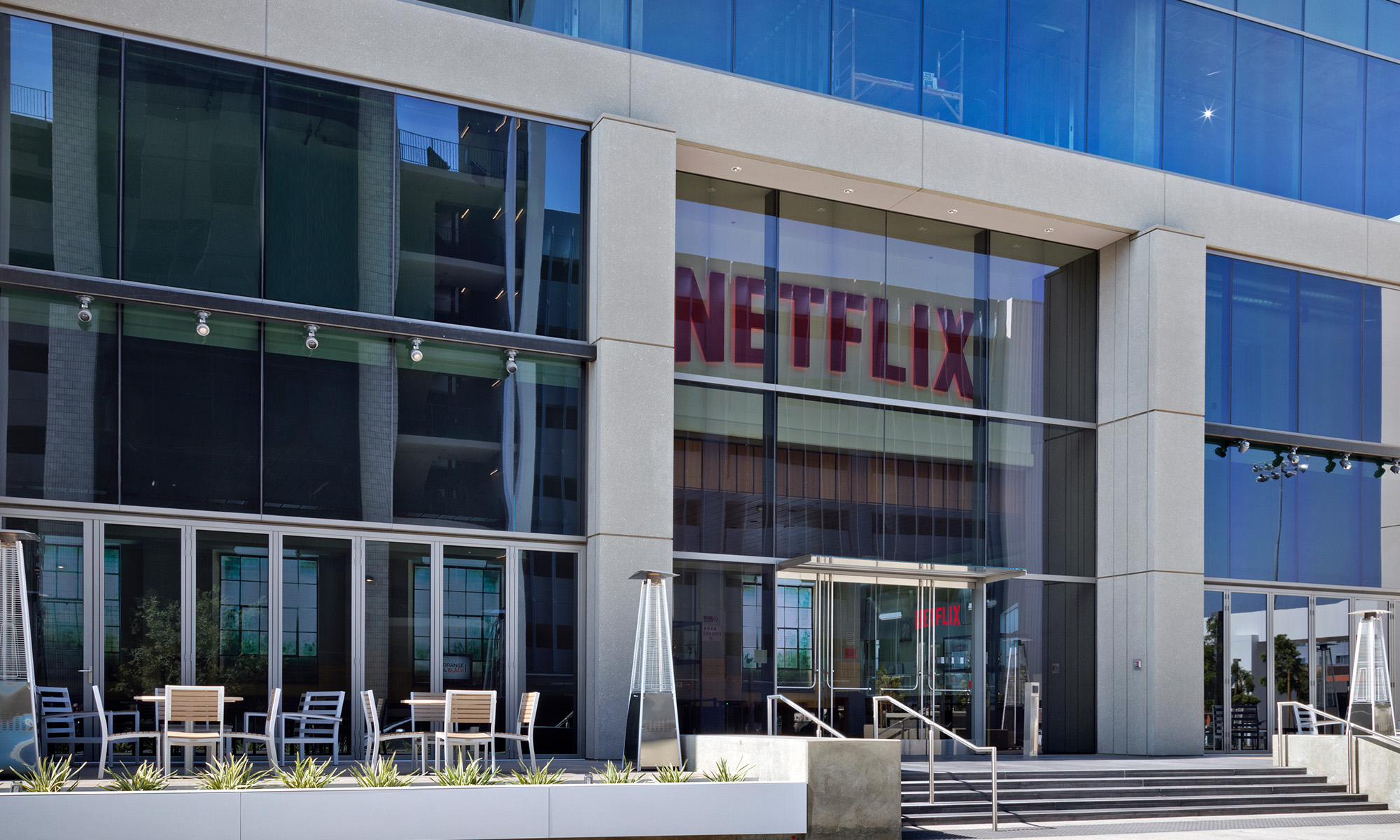
Image source: Netflix.
Netflix (NFLX 0.04%) stock is under heavy selling pressure lately. Shares of the online streaming leader are down by nearly 35% from their highs of the past year. One of the main reasons for all the negativity surrounding Netflix is rising competitive pressure, as companies such as Amazon.com (AMZN +0.49%), Alphabet (GOOG 0.85%) (GOOGL 0.80%), and Time Warner (TWX +0.00%), among others, are increasing their presence in the streaming industry.
Competitive risk is always an important consideration to keep in mind. However, there are reasons to believe the market could be overreacting, as Netflix looks strong enough to continue thriving in the face of rising competitive pressure.
Competition is increasing
Netflix is proving to be enormously successful: The company ended the first quarter of 2016 with 81.5 million subscribers around the world, nearly 47 million of them in the U.S. and 34.5 million subscribers in international markets. The company gained 6.74 million subscribers during the quarter, up from 4.88 million new members in the first quarter of 2015. But success attracts competition, and other players are broadening their presence in streaming.
Amazon has recently announced that it will offer online streaming as a standalone service for $8.99 per month. The company used to offer streaming as part of its broader Amazon Prime program, which also includes free shipping and other benefits for members. Amazon Prime has a monthly subscription cost of $10.99, so it looks like Amazon launched its video-only service mostly to show how conveniently priced Prime is. However, the fact remains that Amazon is building a growing library of content, and the online retail titan is not a competitor to underestimate.
Alphabet's Google division launched its first paid YouTube subscription service, called Red, last fall, and YouTube is now reportedly working on a bundle of cable TV channels streamed over the Internet, which could be launched as early as 2017. According to Alphabet, YouTube on mobile alone now reaches more 18- to 49-year-olds in the U.S. than any TV network, broadcast or cable, so the platform has reached a truly formidable scale.
Time Warner is offering HBO as a standalone streaming service via HBO Go. HBO is home to massively popular blockbusters such as Game of Thrones, so it has a solid chance of making big inroads in the streaming business. Time Warner is pricing HBO Go at a premium price of $15 per month, substantially higher than the $9.99 basic Netflix plan, and this is probably related to the pricing power that HBO content provides for Time Warner.
Why Netflix's CEO isn't worried
Online streaming is an emerging and dynamic industry, so investors need to keep a close eye on the competitive landscape. However, rising competitive pressure is no reason to sell Netflix stock. The fact that all kinds of players are making inroads in streaming shows that the industry looks particularly attractive from different angles.
Wall Street analysts typically look at the competitive dynamics within a particular industry as a zero-sum game, meaning that one company's gains are necessarily the other one's losses. However, the total size of the pie is rapidly getting bigger in online streaming. Even if more competitors are fighting for a piece of that pie, chances are that the industry will provide enough room for multiple players to do well in the long term.
Netflix CEO Reed Hastings explained this quite eloquently in the company's letter to shareholders for the first quarter of 2016:
If you think about your last 30 days, and analyze the evenings you did not watch Netflix, you can understand how broad our competition really is. Whether you played video games, surfed the Web, watched a DVD, TVOD, or linear TV, wandered through YouTube, read a book, streamed Hulu or Amazon, or pirated content (hopefully not), you can see the market for relaxation time and disposable income is huge, and we are but a little boat in a vast sea. For example, while we've grown from zero to 47 million members in the USA, HBO has also grown, which shows how large the entertainment market is. We earn a tiny fraction of consumers' time and money, and have lots of opportunity ahead to win more of your evenings away from all those other activities if we can keep improving.
The concept is quite simple and powerful at the same time. Netflix competes for consumers' time and attention against all kinds of activities, products, and services, not just other online streaming companies. As long as the company keeps offering a valuable library of content for a convenient price, chances are that sales and cash flows will keep moving in the right direction, so increasing competition is no reason to sell Netflix stock.
On the contrary, the short-term dip in Netflix stock could provide a buying opportunity for long-term investors in the company.









